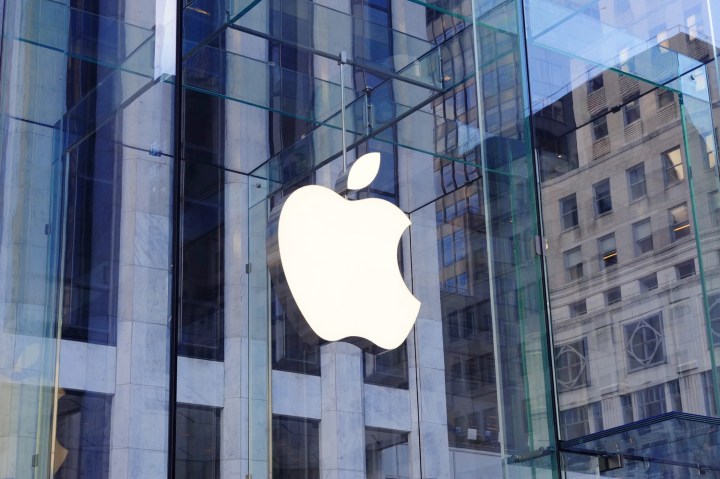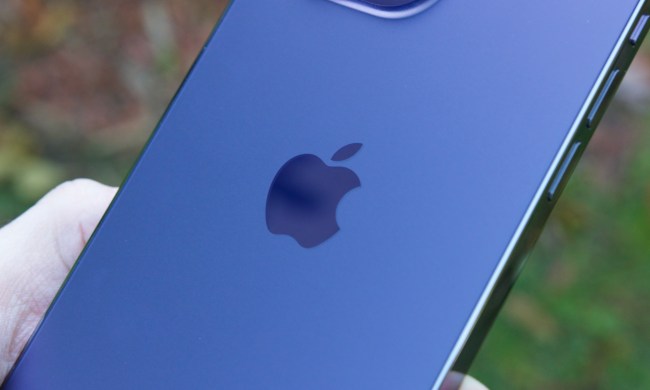
The squabble is apparently quite nasty. According to the Information, upper management wants the development team behind Siri to adapt the personal assistant’s underlying cloud techniques to iCloud’s more heavily used elements like photo backup and file storage, in effect forcing the designated iCloud division — a team which numbers in the thousands of engineers — to cede control. That has programmers up in arms: An engineering manager has reportedly resigned, and more are “likely” to follow.
Despite the internal upheaval, though, Apple is reportedly moving forward with a plan to significantly revamp its cloud-powered services. Reports suggest that the Siri-powering Mesos, an open-source, scalable framework based on “modern web programming concepts,” will form the basis of Apple’s next-gen Game Center, CloudKit, and Apple Maps ecosystems in mid-2017. The revamp of iCloud, meanwhile, reportedly codenamed “Project McQueen,” will take a tad longer because of the current incarnation’s complexity.
As of now, iCloud’s powered by a mishmashed backend made up of Amazon Web Services and Microsoft Azure. It will take significant time and effort to migrate away from the current system, but it’ll be worth the effort. According to VentureBeat, switching iCloud to Apple servers will pay the company dividends in three years. That’s not the only benefit: Apple gets infrastructure it can customize to its needs, too. Already, the company has apparently purchased land plots in Hong Kong and China for future data centers. Apple gets security guarantees from China — specifically, that iCloud user data is by hidden away from the prying eyes of the government and hackers.
What’s the takeaway for the average, iPhone-wielding Joe? If you’ve been burned by iCloud in the past, the wait for significant improvements is almost at an end — but first, Apple’s got personnel problems to deal with. For all parties involved, let’s hope they’re resolved amicably and expeditiously.


